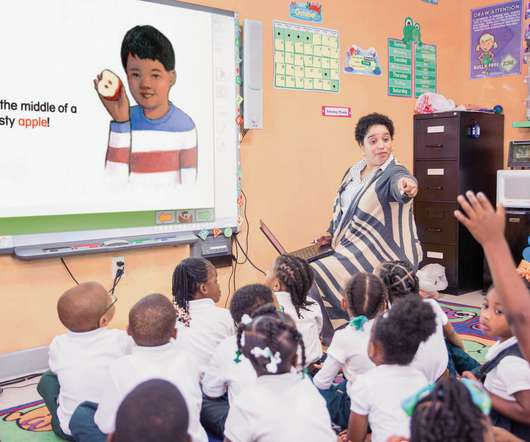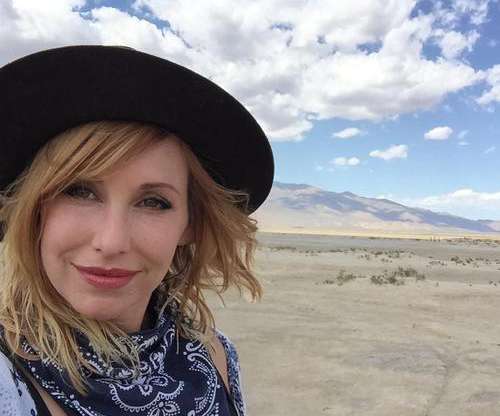Technology and Digital Media in the Classroom: A Guide for Educators
Waterford
JANUARY 23, 2020
By learning to view it as a means of enhancing your lessons and resources, you can provide your students with tools and opportunities they may not otherwise access. Even with the latest and best digital technology, classrooms will not benefit unless the students and faculty understand how to use it.[15] Longer attention span.















Let's personalize your content